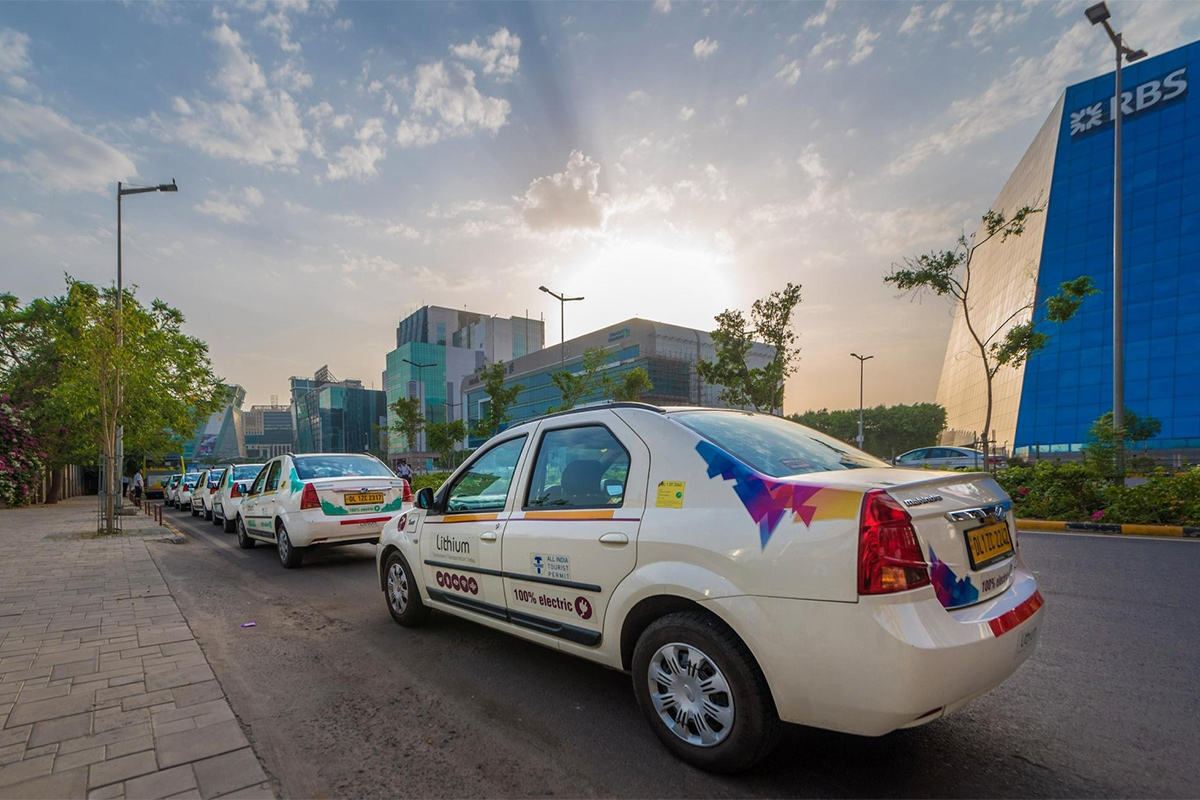Uber on Thursday announced a partnership with electric vehicle fleet operator Lithium Urban Technologies to deploy over 1,000 EVs in Delhi-NCR, Mumbai, Bengaluru, Hyderabad and Pune.
Uber has already deployed more than 100 of these electric vehicles (All sedan), such as Mahindra eVerito and Tata Tigor EV, on its platform.
Over the next 12 months, the company said it remains committed to scaling up to 2,000 electric vehicles on its platform, including the Lithium EVs.
“After our partnerships with Yulu, Mahindra and SUN Mobility, this is our fourth partnership in this space and Uber will always remain committed to providing smarter mobility, building greener cities and creating healthier lives,” said Prabhjeet Singh, President, Uber India and South Asia said.
Lithium’s charging hubs in the selected cities have the capacity to charge multiple cars and buses simultaneously.
While a fast charger can charge a sedan in 90 minutes, a slow charger can do that in 8 to 9 hours.
“Our partnership with Uber has the potential to significantly add to the number of electric kilometers covered by cars in every city. Electric vehicles are particularly well-suited to the shared economy, and that’s why we’re seeing their early adoption, most noticeably in fleets,” said Ashwin Mahesh, Co-Founder and CEO, Lithium Urban Technologies.
According to the 2019 ‘IQAir; rankings, 14 of the 20 most polluted cities in the world are in India.
Exposure to outdoor and indoor air pollution contributed to over 1.2 million deaths in India in 2017, according to the State of Global Air Report.
Uber recently announced a global commitment to make all rides on its platform 100 per cent emission-free by 2040 through zero-emission vehicles and the integration of public transport and micro-mobility.
A market leader in sustainable mobility solutions, Lithium was established in 2014 to encourage an environment-friendly mobility solution for corporates.
Lithium runs its over 1,000 electric fleet of hatchbacks, sedans, SUVs and buses across 10 cities in India with its own charging infrastructure of more than 500 fast and slow chargers and charging hubs.












